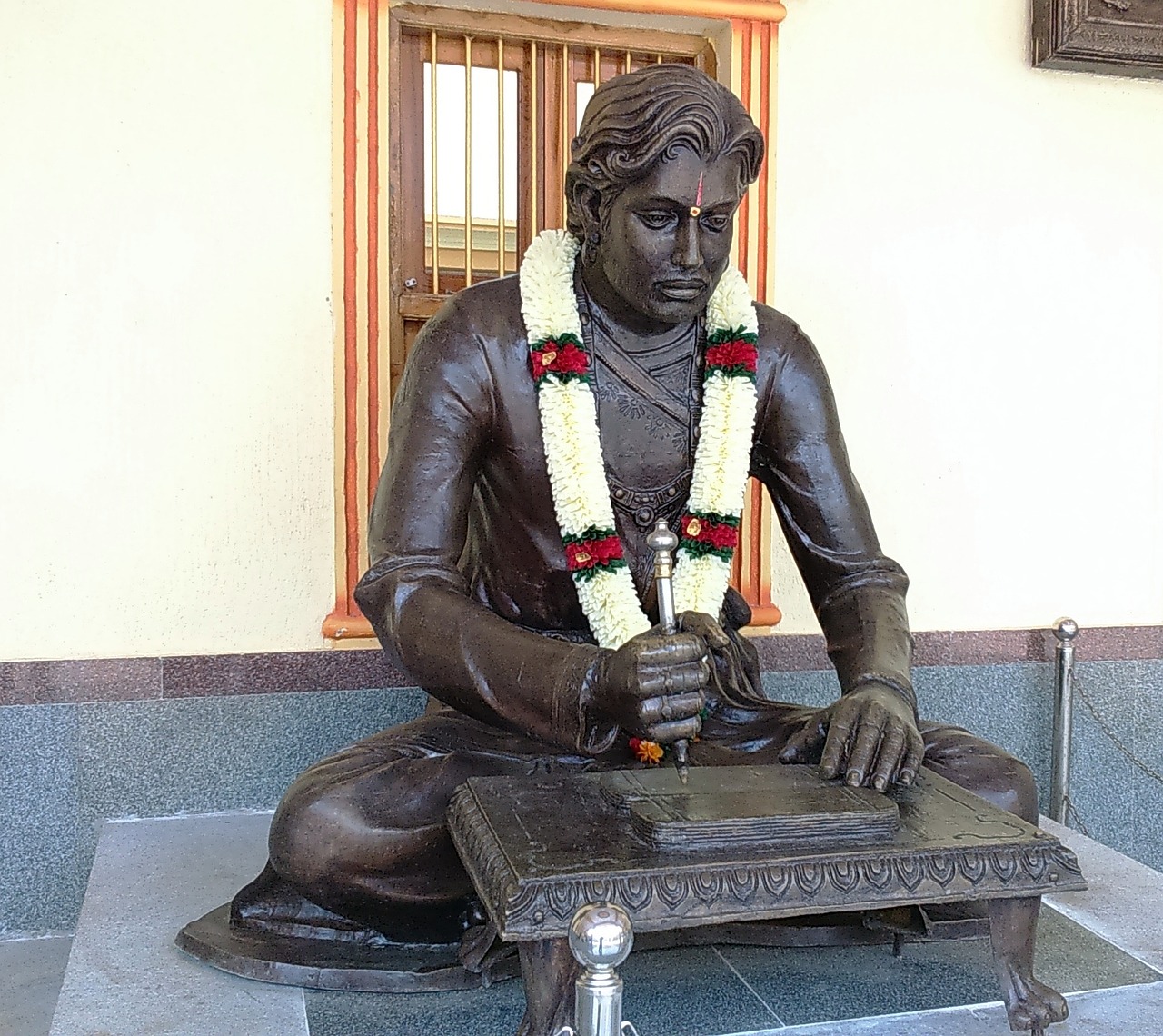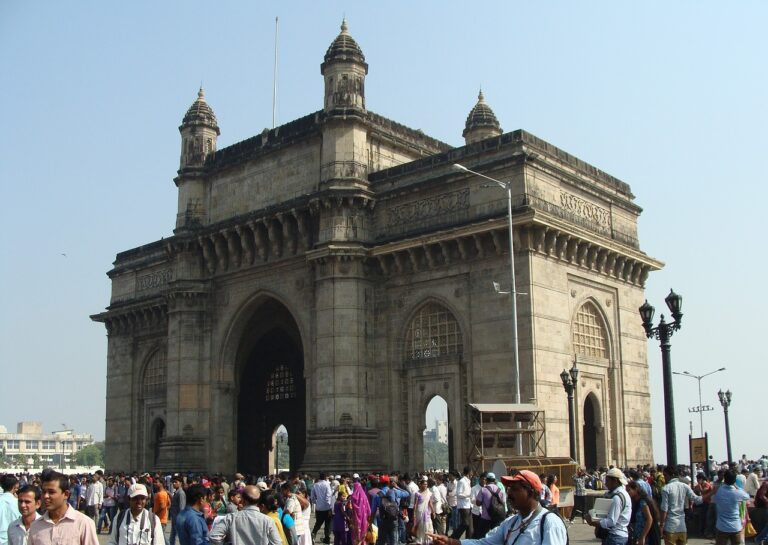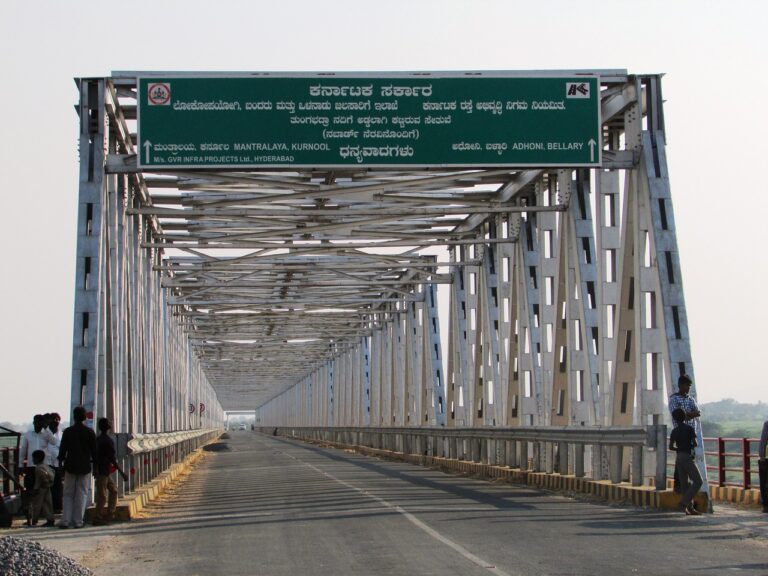Poll Worker Recruitment and Training Best Practices: 11xplay reddy login, Reddy anna, Golden 777 login
11xplay reddy login, reddy anna, golden 777 login: Poll Worker Recruitment and Training Best Practices
Recruiting and training poll workers is crucial to the smooth functioning of elections. Poll workers play a vital role in ensuring that elections are conducted fairly and efficiently. However, recruiting and training poll workers can be a challenging task, especially during busy election seasons. Here are some best practices to help you recruit and train poll workers effectively.
Recruitment Best Practices
1. Start Early: Begin recruiting poll workers well in advance of election day to have enough time to vet and train them properly.
2. Target Diverse Groups: Reach out to a diverse range of communities to recruit poll workers that reflect the demographics of the electorate.
3. Use Multiple Channels: Utilize various recruitment channels, such as social media, community organizations, and local newspapers, to reach a broad pool of potential poll workers.
4. Offer Incentives: Provide incentives, such as stipends or community service credit, to attract more individuals to serve as poll workers.
5. Provide Clear Job Descriptions: Clearly outline the duties and responsibilities of poll workers to set expectations from the outset.
Training Best Practices
1. Comprehensive Training: Provide thorough training to poll workers on election laws, procedures, and technology to ensure they are well-equipped to handle their responsibilities.
2. Hands-On Practice: Offer hands-on training opportunities, such as mock election simulations, to help poll workers become comfortable with their roles on election day.
3. Continuous Learning: Offer ongoing training opportunities to poll workers to enhance their skills and knowledge throughout the election season.
4. Support Systems: Establish support systems, such as helplines or on-site supervisors, to assist poll workers with any questions or issues that may arise on election day.
5. Feedback Mechanisms: Encourage poll workers to provide feedback on their training experiences to identify areas for improvement and enhance future training programs.
FAQs
Q: Who can serve as a poll worker?
A: Poll workers are typically registered voters who are residents of the jurisdictions in which they will be assisting with elections. Some jurisdictions may have additional requirements, so it’s essential to check with your local election office.
Q: Do poll workers get paid?
A: Poll workers are usually compensated for their time, with rates varying depending on the jurisdiction. Some jurisdictions also offer additional incentives, such as stipends or meal vouchers.
Q: How can I apply to be a poll worker?
A: If you are interested in serving as a poll worker, contact your local election office to inquire about opportunities and application procedures.
In conclusion, effective recruitment and training practices are essential for ensuring that poll workers can perform their duties effectively on election day. By starting early, targeting diverse groups, providing comprehensive training, and offering ongoing support, election officials can build a strong and capable poll worker team to help facilitate fair and efficient elections.







